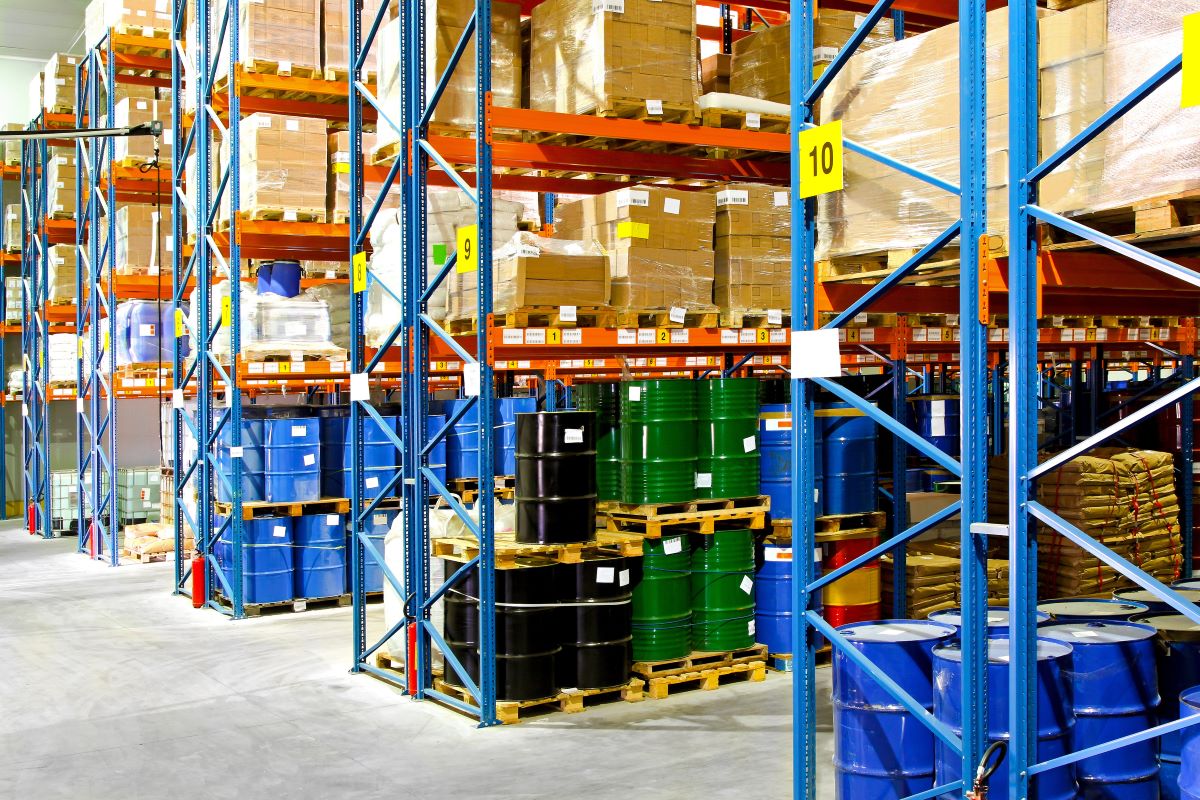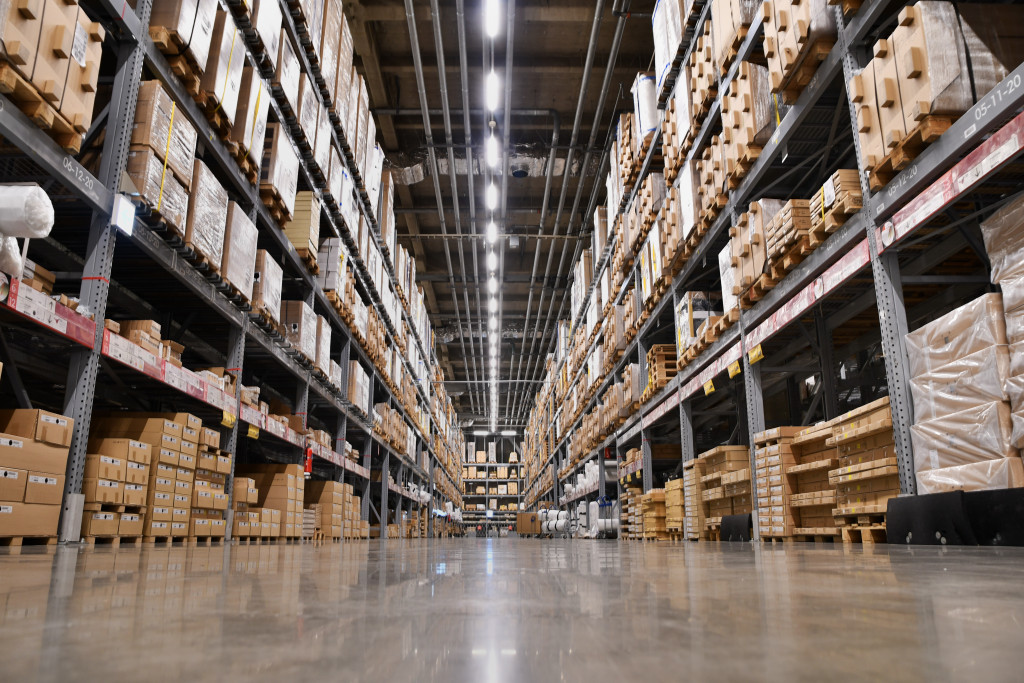Your inventory is one of your business’s most critical assets. As such, it’s vital to invest in a superb security system that will keep them safeguarded at all times. And it isn’t just finished products that need the utmost security. The other categories of your inventory, such as the raw materials, work-in-process, and supplies, require as much protection as well.
Warehouse burglary, which is also classified as property crime, might be a declining trend as per the news outlets, but that’s not a reason to go lax on security. Last year, the beauty community of social media was shaken by the news of Jeffree Star Cosmetics’ warehouse being robbed of over $2.5 million worth of makeup products. Included in the stolen goods was the Magic Star concealer, a product that hasn’t been released yet at the time of the crime.
Jeffree Star himself revealed that he suspected an inside job and admitted that his warehouse had minimal security. The burglars supposedly used the roof to access the warehouse, then took off with thousands of boxes of makeup.
This crime may only be one of the many more incidents of warehouse burglary, but it shows the potential scale of a single event. Hence, every business owner should take warehouse security seriously, considering that insiders can be your worst threat.
Below are the ways to strengthen the security system of your warehouse:
1. Start With High-Security Door Locks
Every home and commercial facility benefits from an unbreakable lock. But this is more than just deadbolts and a padlock. Instead, it should be a complex high-security door lock, preferably accompanied by a door access control device.
Such a sophisticated device ensures that only authorized personnel can enter your warehouse. It uses a barcode scanner, magnetic strips, or biometrics to register specific individuals, permit them access, and automatically lock out unregistered characters. If an inside job were to occur, the device could show you the last person who entered the facility through the door, allowing you to apprehend them immediately.
2. Don’t Abandon Manual Operations
Because high-tech security systems speed up operations by eliminating a huge chunk of human involvement, you may become complacent and drop manual operations altogether. But during the processing of raw materials, manual operations are necessary. A receiving clerk should be stationed at the receiving dock, manually inspecting the items for damage before forwarding them to their designated storage areas.
Other than that, you must also conduct manual monthly inventory counts, in conjunction with your computerized counts, to ensure that the manual and computer records match.
3. Make Vendors Pass a Security Test
Your suppliers are going to enter your warehouse while delivering your goods. Hence, form a good working relationship with them, and perform valid security checks on their personnel. In fact, even before working with any vendor, conduct a background check on each of them, going through their credit history and client reviews. Some businesses leave the security checks to the vendor, but this cannot ensure they’d perform a thorough job.

4. Separate Finished Products
Some businesses transport their finished products to another warehouse managed by a third party. But this can be too costly, especially for startups. If this can’t be an option, store your finished products in a closed-off area within your warehouse, limiting access so that only people-in-charge would handle them.
5. Monitor Work in Process Inventory
Work-in-process inventory isn’t a common target of burglars, but some could still have considerable value. Place them in a high-security area, with monitored surveillance cameras and limited access.
6. Keep a Watchful Eye on Supply Rooms
Supply rooms are where inside jobs are likely to take place. Indeed, it’s quite vulnerable, since all of your employees are probably allowed in the room. Therefore, enforce security by installing surveillance cameras around and restricting access to certain types of items.
7. Invest in an Inventory Management Software
An inventory management software will streamline your operations, from tallying stocks to creating forecasting and strategic planning reports. They may have little relevance to security, but well-managed inventory lets you keep accurate records, which would be helpful in the event of suspected theft. Such is when certain items keep going missing.
But an inventory management software isn’t foolproof. Hackers, who are potentially insiders, can access them and alter the records to conceal the theft. Therefore, invest in data security and make your software as fortified as it can be.
Warehouse security is a thorough process, and for that reason, you may need to dedicate a whole department to it. But it isn’t a pointless expense because a safeguarded warehouse means efficient operations and excellent customer service.
